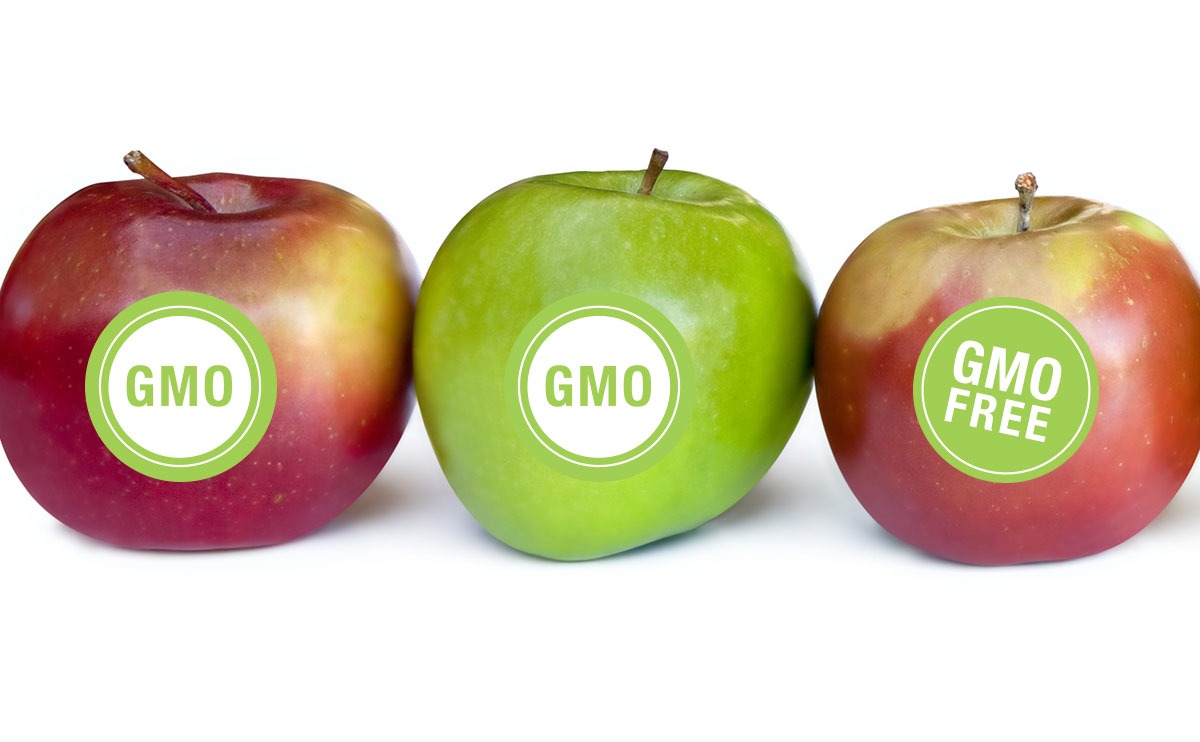Health of Mother Earth Foundation (HOMEF) and the GMO-Free Nigeria Alliance, have commended the House of Representatives on the resolution to comprehensively investigate the introduction of genetically modified organisms (GMOs) into Nigeria and for a halt on approval of new products pending the completion of that investigation.
This resolution reportedly, followed the adoption of the motion by Hon. Muktar Shagaya at a plenary session held on Thursday 16th May 2024.
Join our WhatsApp ChannelThe group noted in a press statement that this investigation which has been long overdue is vital to save the country from the dangerous path to food colonialism, contamination of our genetic resources, loss of biodiversity/nutritional diversity, soil degradation, and overall disruption of our agriculture and food systems.
As the lawmaker rightly explained, the introduction of GMOs in Nigeria raises serious concerns about safety, regulatory oversight, and their potential impacts on the country’s biosafety.
Executive Director of HOMEF, Dr Nnimmo Bassey, said the investigation should be thorough and unbiased “This investigation must be unbiased and thorough. To ensure this, the National Assembly should engage independent researchers to avoid contamination of the process by GMO promoters. This investigation should consider Nigeria’s agricultural landscape and investigate the underlying causes of hunger/food insecurity and as well establish definite measures to address those issues. This is the time to rescue Nigerians from being used for risky experimentations,” Basey stated.
Also key at this time, is the need to critically examine the National Biosafety Management Agency Act for its fitness for purpose. That law needs to be completely reworked to close existing loopholes including the composition of its governing/decision-making board by excluding GMO promoters such as the National Biotechnology Development Agency; the lack of provision on strict liability, inadequate public consultation measures, absolute decision-making powers of the agency, minimal reference to the precautionary principal and many others. This was the submission of Mariann Bassey-Orovwuje, Food Sovereignty Activist and Deputy Executive Director at Friends of the Earth Nigeria.
READ ALSO: Nigerians Against GMOs Not Terrorists, Activists Reply DG of NBMA
The House of Representatives has urged the National Agency for Food and Drug Administration and Control (NAFDAC) to ensure labelling of GM crops already in the country. In reaction to this, HOMEF’s Director of Programmes and lead on Hunger Politics, Joyce Brown, noted that the Agency will need to devise strategies to have foods sold in local markets in basins, by the road sides, and in processed forms like Ogi and Akara labelled to ensure informed decision-making by the majority of people who purchase food from these sources.
This exercise will prove that GMOs do not fit in our socio-economic context. Over the years, market shelf surveys conducted by HOMEF has revealed over 50 different processed/packaged foods labelled as produced using genetically modified ingredients. The survey has also revealed the fact that majority of our people do not read labels. Brown advised that permits for commercialisation of the Bt Cowpea, Tela Maize, Bt Corn and all other GMOs be suspended pending the result of the investigation by the House Committee on Agriculture and others.
The statement reaffirmed the submission by Rep. Muktar Shagaya that we need to prioritise public health, biodiversity, increased support of small holder farmers in terms of extension service, provision of infrastructure (to curtail waste), access to credits, access to land and the growth of our local economy. Nigeria should adopt agroecological farming which aligns well with our socio economic and socio cultural context. Agroecology delivers increased productivity and economic resilience, revises/nourishes ecosystems, strengthens local economies, mitigates climate change and promotes food sovereignty.
Victor Ezeja is a passionate journalist with seven years of experience writing on economy, politics and energy. He holds a Master's degree in Mass Communication.



![Relishing Ugba [Oil Bean] Delicacy](https://www.primebusiness.africa/wp-content/uploads/2025/06/Ugba-delicacy-720x480.jpg)













Follow Us